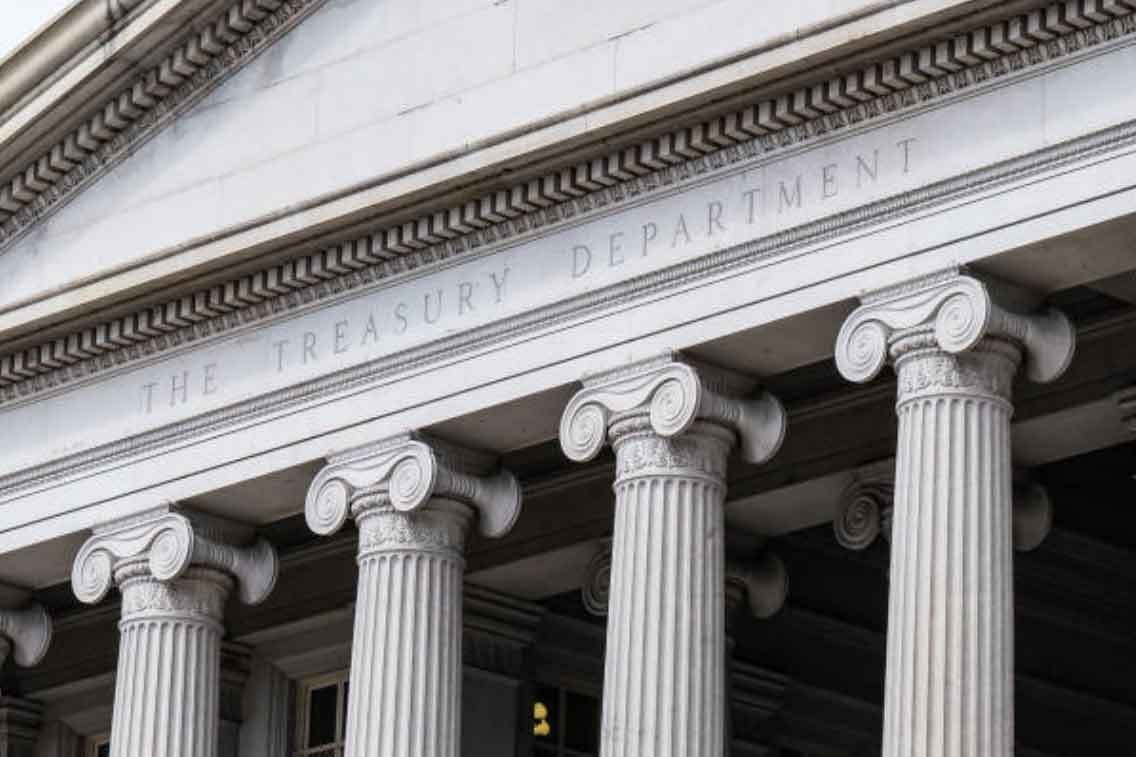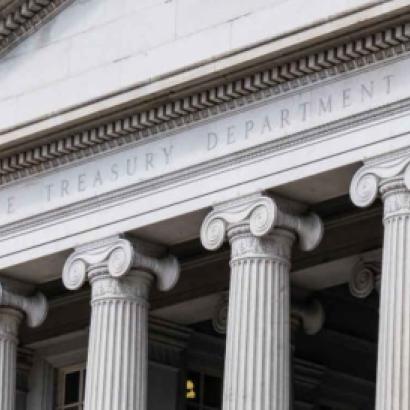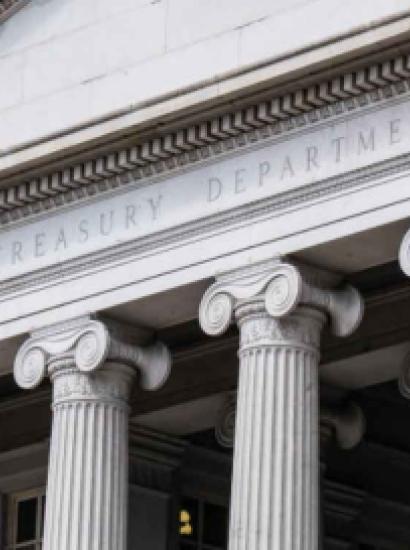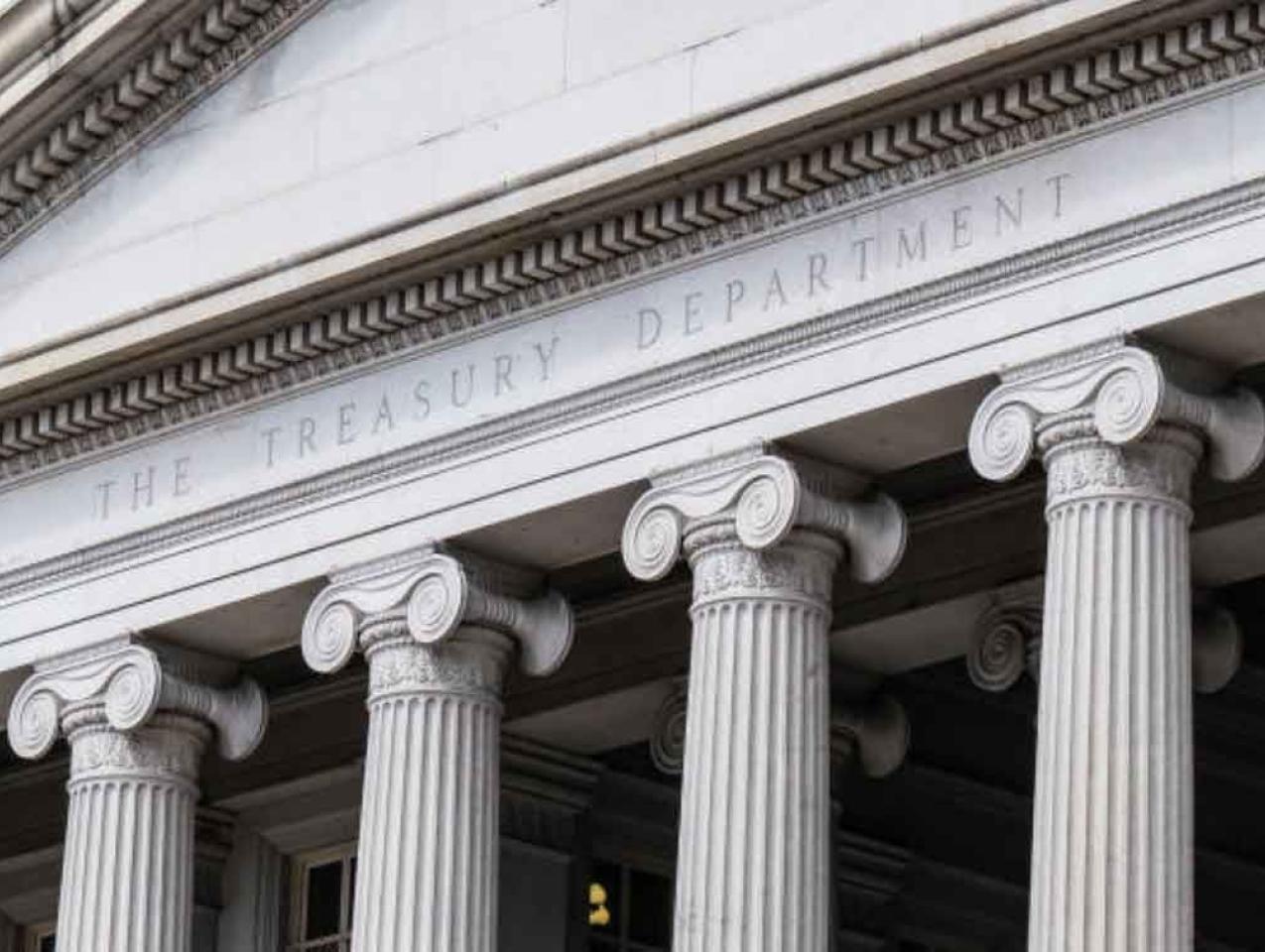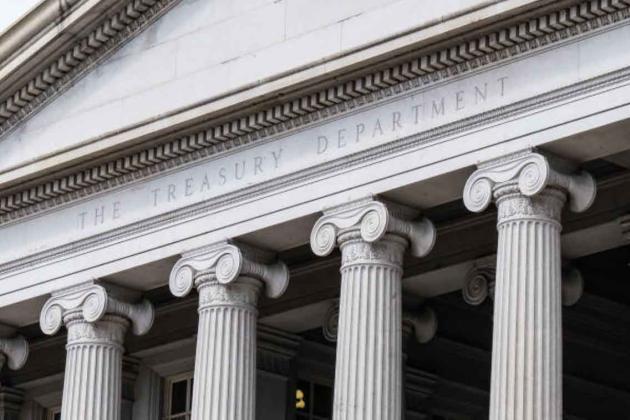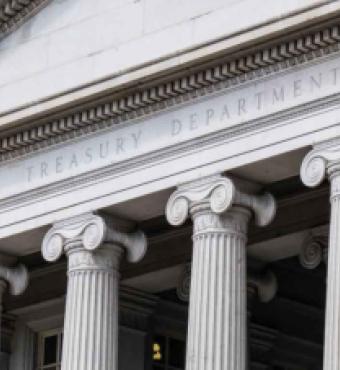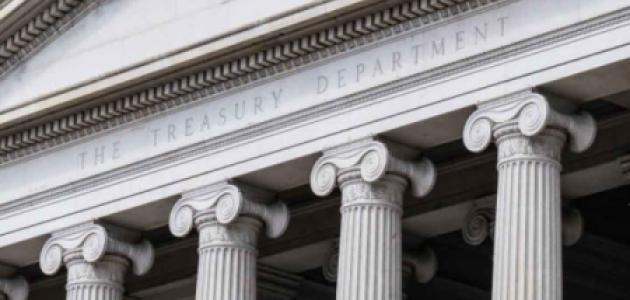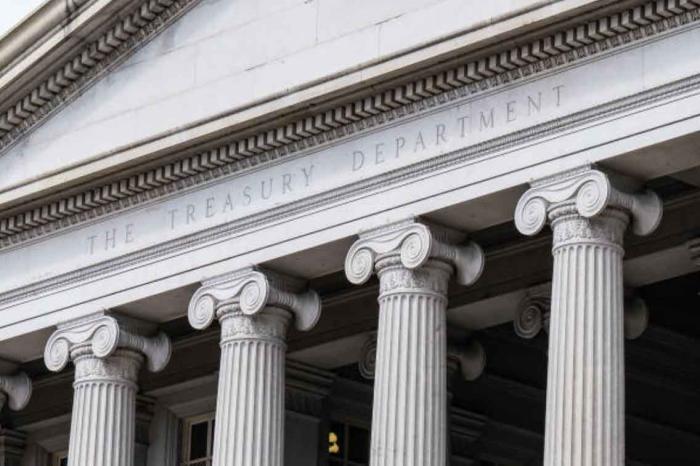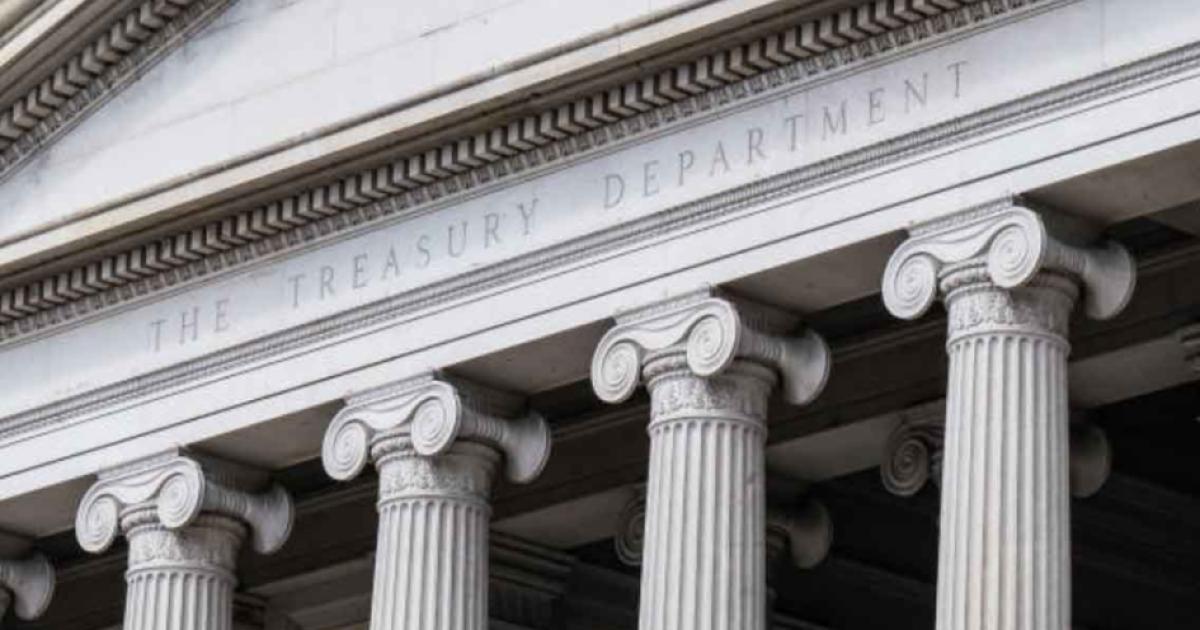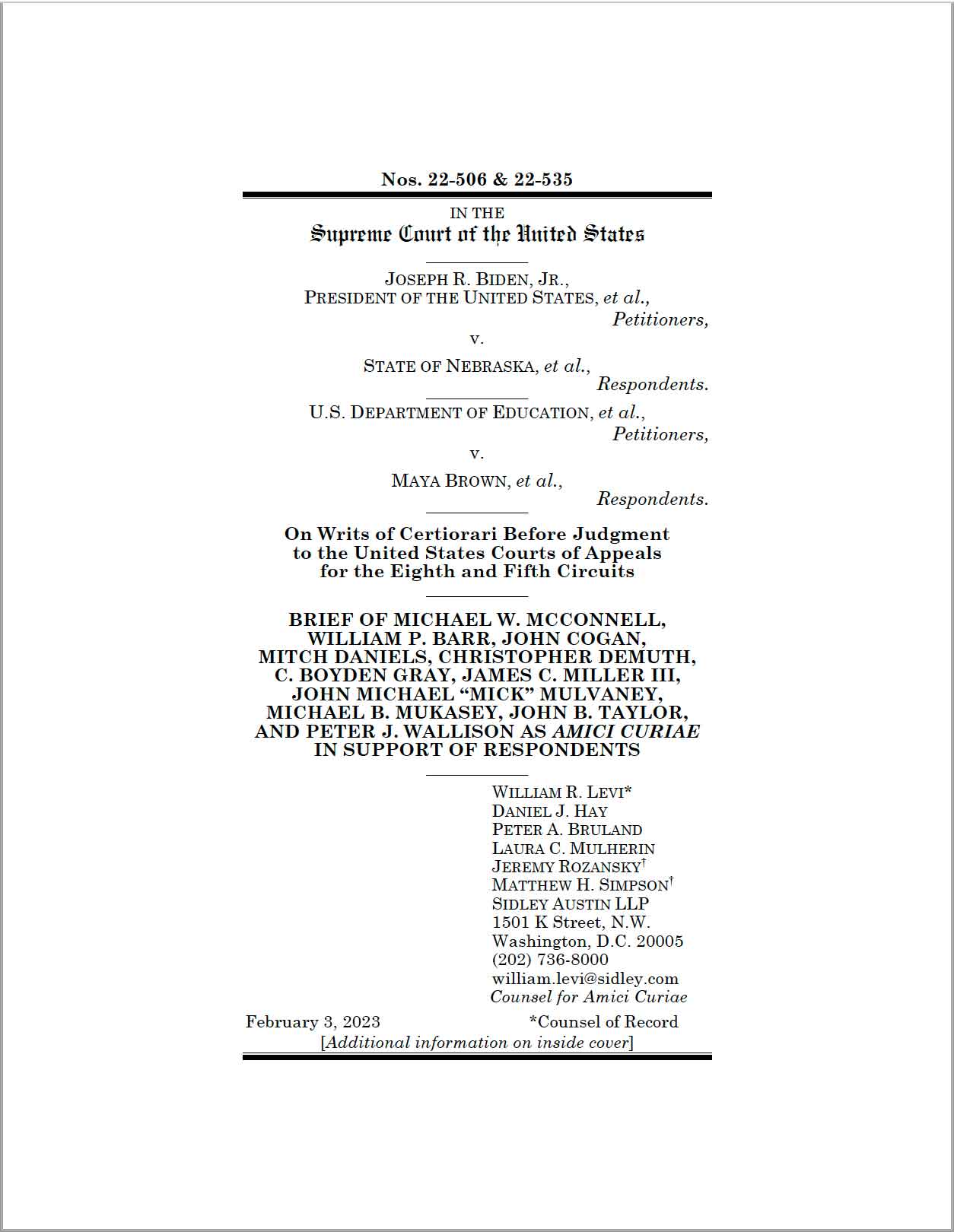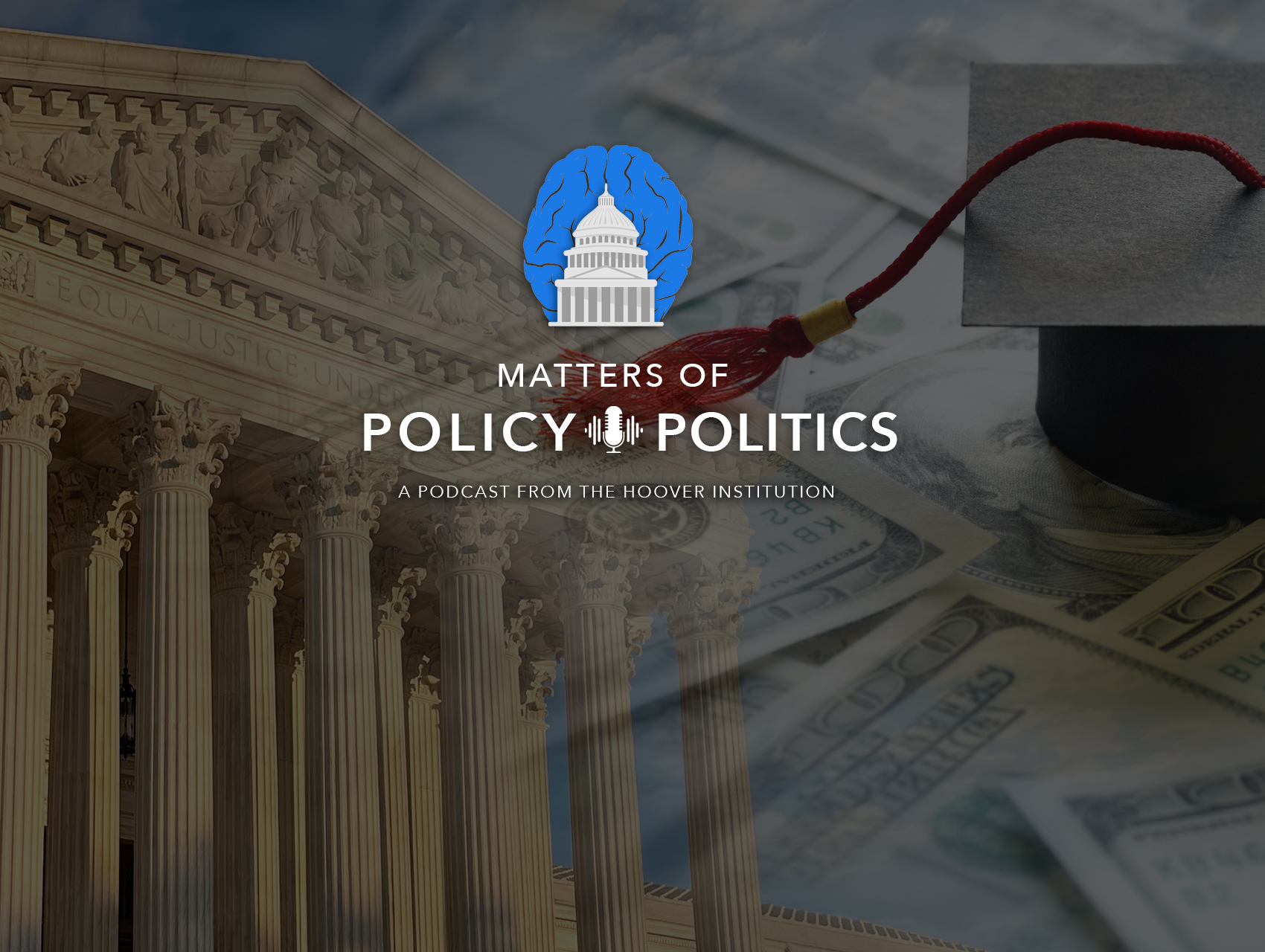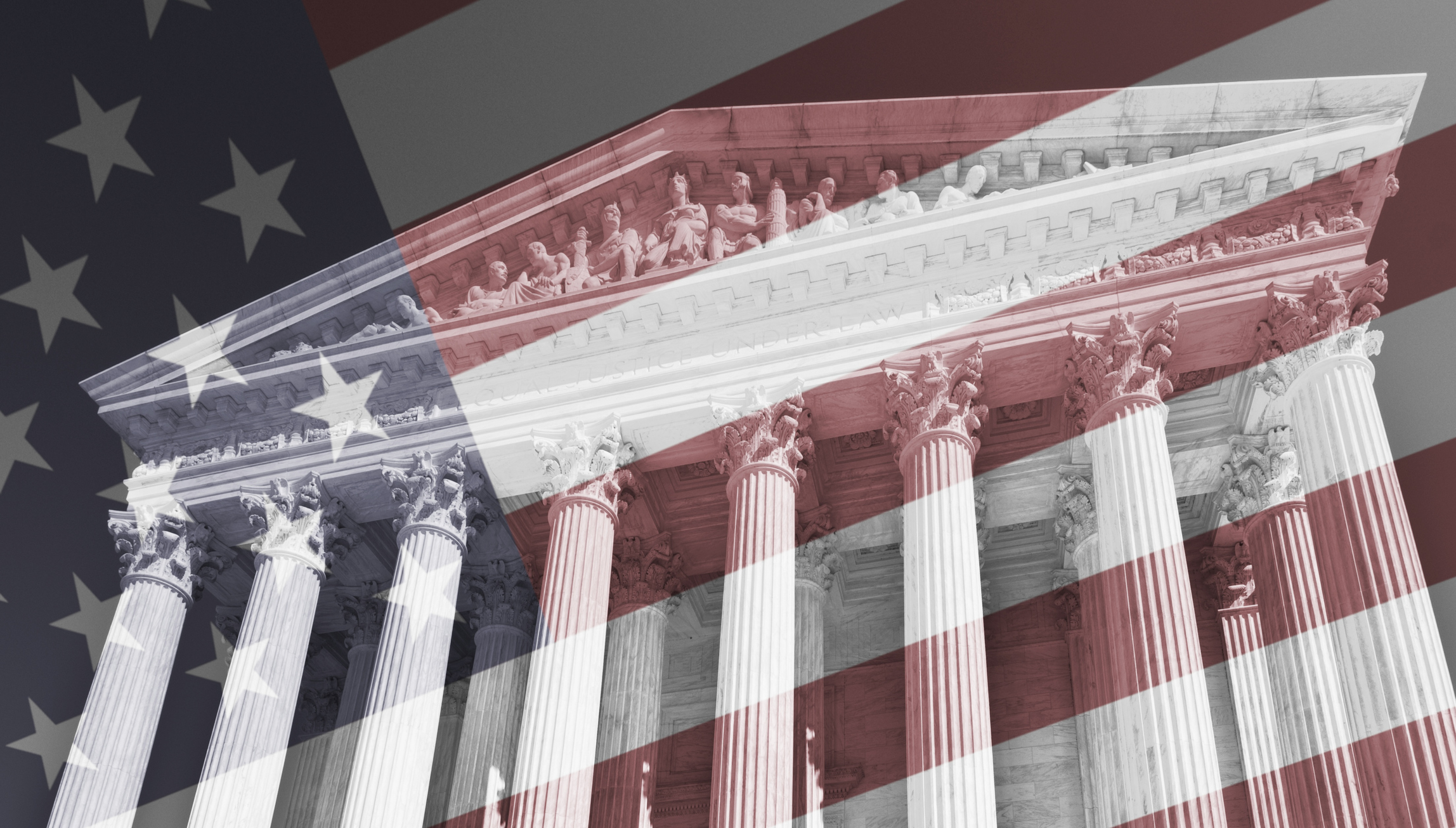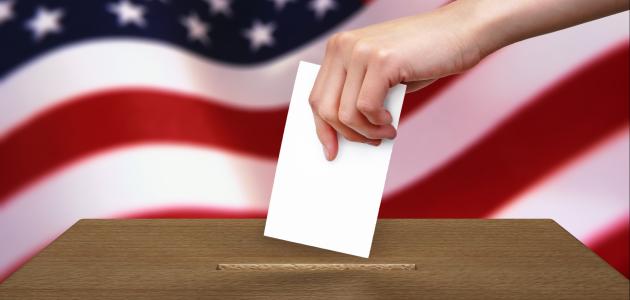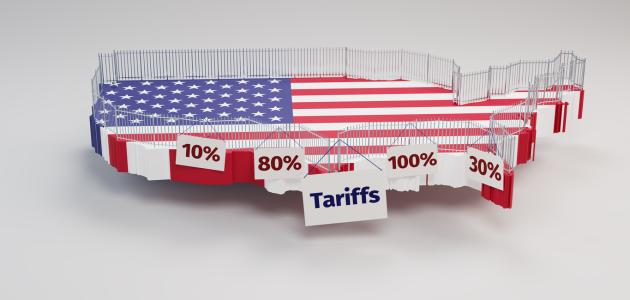On February 3, 2023, a group of former high-ranking US government officials, led by Hoover senior fellows Michael McConnell and John Cogan, Hudson Institute fellow Christopher DeMuth, and American Enterprise Institute emeritus fellow Peter Wallison, filed an amicus brief in the US Supreme Court case challenging President Biden’s student loan debt-relief program. The signatories included former White House counsel C. Boyden Gray, senior fellow John B. Taylor, former attorneys general Bill Barr and Michael Mukasey, three former directors of the Office of Management and Budget, and other former officials at the Department of Justice, the Treasury, and the Office of Management and Budget with extensive experience in the administration of federal appropriations law. The brief focuses on the key constitutional question posed by President Biden’s student loan forgiveness plan: Does spending money under the supposed authority of a strained and far-fetched interpretation of a congressional spending statute violate the fundamental constitutional principle that Congress, not the president, has the power of the purse?
The Supreme Court is expected to rule no later than July. A summary of the amicus brief appears below, and the entire brief can be found here on the Supreme Court’s website.
SUMMARY OF ARGUMENT
The power of the purse is the central and most important constitutional power reserved exclusively to the legislative branch, enabling it to be the federal government’s primary policy making branch. So important is congressional control over spending that the Constitution’s framers made the point in two separate provisions—the only “double protected” power in the document. Article I, Section 8, Clause 1 gives Congress (not the president) the power to use tax revenues for “the common Defence and general Welfare of the United States,” and Article I, Section 9, Clause 7 provides that “No Money shall be drawn from the Treasury, but in Consequence of Appropriations made by Law.” But these safeguards are for naught if the executive branch can spend money contrary to the manifest intentions of Congress based on improvised, out-of-context interpretations of spending statutes.
In recent decades, presidents of both major parties have increasingly resorted to loose constructions of appropriations laws to justify spending without prior congressional authorization—even when Congress has explicitly rejected the very spending in question. This has gotten to the point that the fundamental principle of the congressional power of the purse is in peril.
This case involves a unilateral decision by the president to forgive over $400 billion in debt owed by 43 million borrowers who financed a college education with the benefit of taxpayer-funded loans. This represents one of the largest single expenditures in the nation’s history, carried out in the face of clear congressional opposition and supported by no accepted principles of statutory interpretation.
That the expenditure here is in the form of waiving payments owed to the Treasury instead of affirmatively expending funds is of no legal significance. Congress has made clear that “modify[ing] outstanding direct loans (or direct loan obligations) or loan guarantees (or loan guarantee commitments) shall constitute new budget authority” (2 U.S.C. § 661c[d][1]). Forgiving a loan and making a gift or grant are functionally, legally, and economically indistinguishable—and both come under Congress’s exclusive spending power.
This case gives the court an opportunity to uphold the Constitution’s most significant limitation on executive power: the congressional power of the purse. If the court reaches the merits, it should make clear that spending statutes must be interpreted in accordance with Congress’s instructions. Congress has passed a law requiring that a “specific[] statement” is necessary before the executive branch can spend Treasury funds (31 U.S.C. § 1301[d]). In this case, President Biden has claimed that a 2003 law authorizes him to make blanket cancellations of student loans because of the COVID-19 emergency. But this two-decades-old law, the HEROES Act, enacted in wake of 9/11, was designed “to support service members with their transition into and out of active duty.” It limited assistance to persons who “suffered direct economic hardship” as a result of the emergency. There is no reason to think that students have suffered any more from the COVID meltdown than any number of other Americans. Moreover, the president has taken this action despite his declaration that the emergency is effectively over. If President Biden can forgive student loans , a future president could forgive loans or tax liabilities of any favored political constituency whenever there is an “emergency” of any sort.
If this court turns a blind eye to this presidential action, the executive will have virtually unlimited power to spend. As the brief illustrates, that might befit the Stuart King Charles I, but not a president of the United States.







